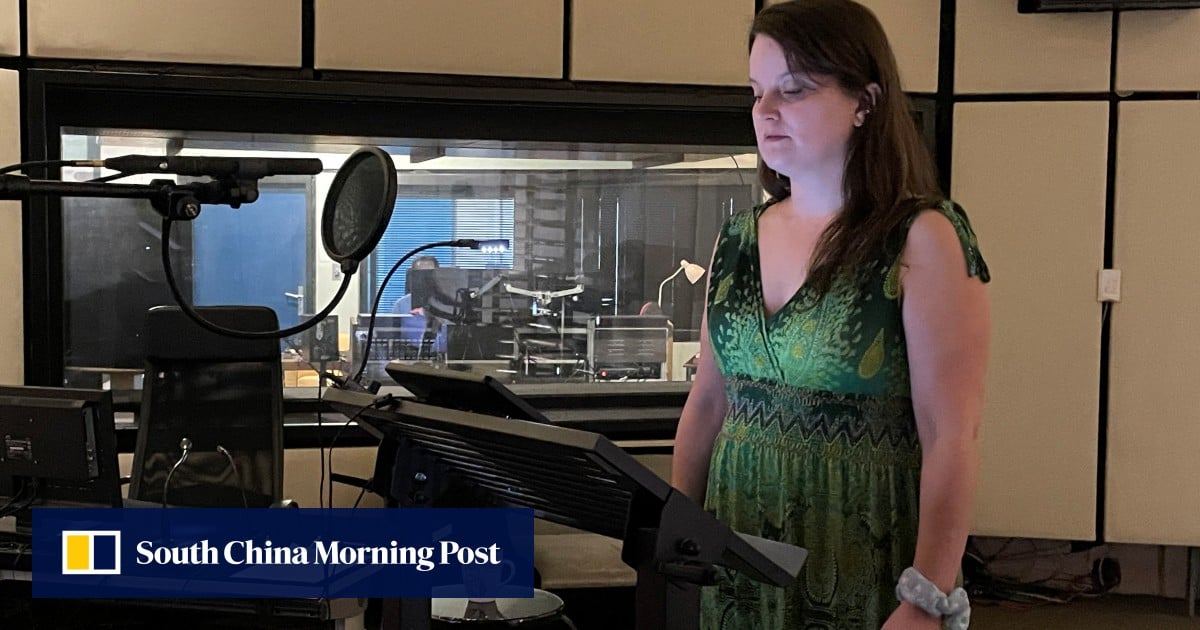Live Facial Recognition Rollout: London Police Expand Use Despite Privacy Fears

The Metropolitan Police in London are set to significantly expand their use of live facial recognition (LFR) technology, a move that has sparked considerable concern among privacy campaigners. Currently deployed approximately four times a week, the force plans to increase usage to as many as ten times weekly. This expansion comes as crime rates remain a key focus for law enforcement, but raises serious questions about the balance between public safety and individual liberties.
What is Live Facial Recognition? LFR technology uses cameras to scan faces in public spaces and compare them against a watchlist of individuals, often those suspected of committing crimes or wanted for questioning. When a match is identified, alerts are sent to police officers. The system is designed to be a proactive tool for identifying potential threats and preventing crime.
The Police Perspective: Tackling Crime and Protecting the Public The Metropolitan Police argue that LFR is a vital tool in the fight against crime, particularly in preventing serious offences. They cite examples of past deployments where the technology has helped identify suspects and potentially prevented harm. Chief Inspector Clare Kusz said the increased usage will allow officers to “target areas where we know there is a heightened risk of violence and serious harm.” They maintain that the technology is being used responsibly and that safeguards are in place to protect privacy.
Privacy Concerns: A Growing Debate However, privacy campaigners and civil liberties groups have voiced significant concerns about the expansion of LFR. They argue that the technology is inherently intrusive and poses a risk of misidentification and bias. Concerns also exist about the potential for mass surveillance and the chilling effect it could have on freedom of expression and assembly. Big Brother Watch, a leading privacy advocacy group, has described the move as a “dangerous escalation” and warned of the potential for abuse.
Accuracy and Bias: Key Challenges One of the primary concerns surrounding LFR is its accuracy. Studies have shown that facial recognition algorithms can be prone to errors, particularly when identifying individuals from minority ethnic backgrounds. This raises the risk of wrongful arrests and accusations. The Metropolitan Police acknowledge these concerns and say they are working to improve the accuracy of the technology and mitigate bias.
Legal Framework and Oversight The legal framework governing the use of LFR in the UK is complex and has been subject to legal challenges. The Court of Appeal previously ruled that the Metropolitan Police’s previous deployment of LFR was unlawful due to a lack of clear legal safeguards. Following this ruling, the force has implemented stricter protocols and oversight mechanisms, including independent scrutiny of deployments and data retention policies.
The Future of Facial Recognition in the UK The expansion of LFR in London is likely to fuel the ongoing debate about the use of this technology in public spaces. As the technology continues to evolve, policymakers and law enforcement agencies will need to carefully consider the ethical, legal, and societal implications. Finding a balance between public safety and individual privacy will be crucial in shaping the future of facial recognition in the UK.
The increased use of LFR highlights a fundamental tension in modern policing: the desire to use technology to prevent crime while safeguarding the rights and freedoms of citizens. The scrutiny surrounding this expansion will undoubtedly continue as London grapples with these complex challenges.






